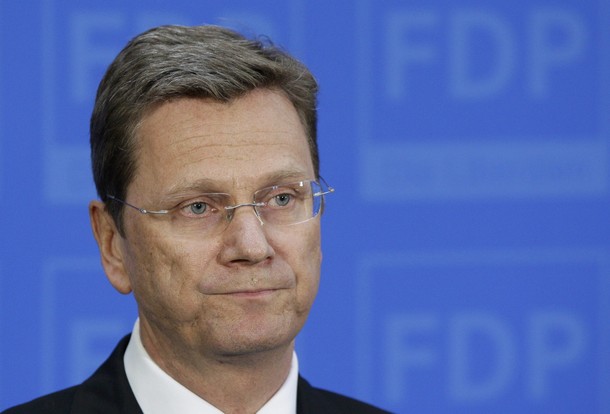
From Klaus-Dieter Frankenberger, the International Herald Tribune: When Germany abstained from the U.N. Security Council vote on Libya last month, quite a few eyebrows were raised in the United States and Europe (not to speak of the German strategic community). While the United States, France and Britain banded together to prevent a humanitarian disaster in Libya, Germany sided with the likes of Russia and China, as well as Brazil and India, dealing a blow to trans-Atlantic, and European, unity and security cooperation.
The immediate question after this vote was whether Germany was returning to the old ways of refraining from foreign intervention, giving in to the desires of many Germans for their country to become the large, economically successful equivalent of Switzerland. …
Tempting as it is to do so, it is too early to say that Germany is venturing into a phase of isolationism. Such a conclusion may also be flat-out wrong. The vote in the U.N. Security Council, embarrassing as it was, may have had more to do with the miscalculations and predicament of a foreign minister whose party is in deep trouble, who is highly unpopular and whose political future is dangling by a string.
Guido Westerwelle is said to have ignored the advice of his top aides and to have received support from the chancellor only because she did not want to damage his reputation beyond the point of repair. Besides, the government has not wavered from its political and military commitment to Afghanistan, despite widespread public opposition.
Klaus-Dieter Frankenberger is the foreign editor of Frankfurter Allgemeine Zeitung. (photo: Reuters)
Image: reuters%204%2018%2011%20Guido%20Westerwelle.jpg
